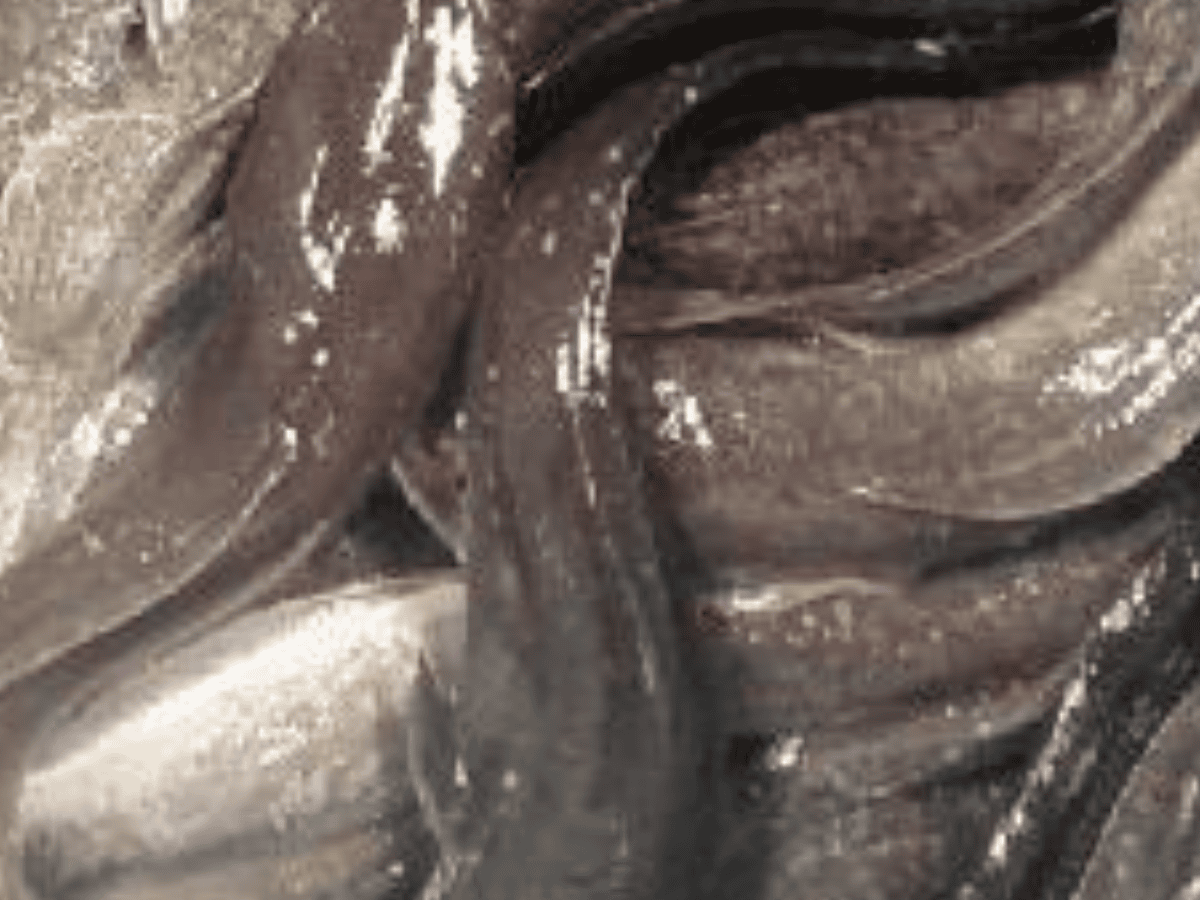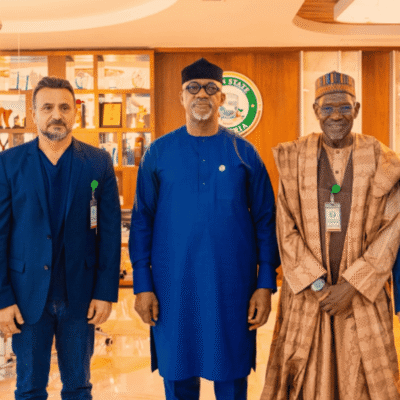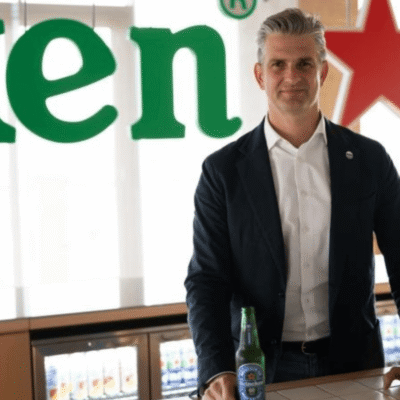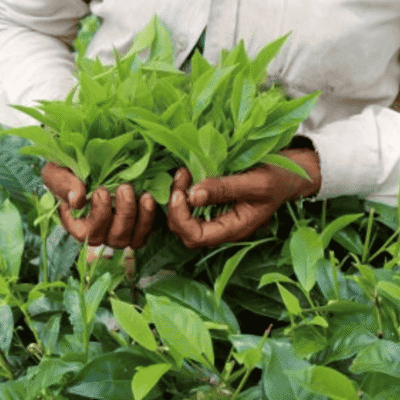NIGERIA – The National Agency for Food and Drug Administration and Control (NAFDAC) has reminded the public of the ongoing ban on imported frozen chicken, turkey, and catfish, emphasizing the government’s commitment to promoting local farming and food production.
This directive was highlighted during a sensitization programme at the Kado Fish Market in Abuja, where NAFDAC officials communicated the stringent measures to frozen food sellers.
The ban not only affects the importation but also the distribution and sale of these products across the country.
Promoting local farmers and quality standards
During the initiative, Mr. Kenneth Azikiwe, NAFDAC’s FCT Director, emphasized the importance of proper storage and handling of frozen products to maintain their safety and quality.
He urged traders to prioritize purchasing locally produced and NAFDAC-registered goods, aligning with the Federal Government’s policy to bolster local agriculture.
Azikiwe’s message highlighted a strategy aimed at reducing the nation’s dependency on imported frozen foods and enhancing food security through local production.
Challenges in the poultry industry
Meanwhile, the Nigerian poultry industry is grappling with significant challenges. Recently, the Federal Competition and Consumer Protection Commission (FCCPC) launched an investigation into alleged cartel-like practices that have led to inflated poultry prices.
The investigation revealed that dominant players within the sector are manipulating the supply chain to maintain higher prices for eggs and chicken, thereby limiting access to affordable protein and squeezing profits for smaller producers.
Restrictive trade practices and market distortions
The FCCPC’s probe uncovered restrictive trade practices at various levels of the supply chain, from feed procurement to product distribution.
Major market players, allegedly influencing availability and costs, were implicated in these practices.
Notably, some feed manufacturers linked to these groups are accused of either reducing supply or increasing prices, forcing smaller farmers to raise their own prices or exit the market altogether.
In Lagos State, poultry farmers continue to face escalating costs for raw materials needed for egg production.
The Poultry Association of Nigeria’s Lagos chapter has called for immediate government intervention to stabilize the market and support struggling farmers who are increasingly unable to cope with the rising expenses.






